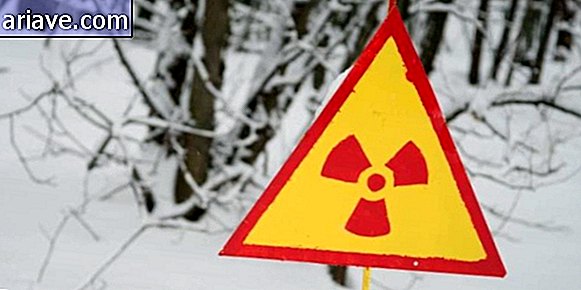Scientists find that childhood abuse physically changes brain
It is a fact that childhood trauma persecutes us all our lives, if not overturned on a couch, with a good therapist as our guide. But leaving the past behind is far more complicated for abused children. This is the result of a study published by researchers at the University of Münster, Germany.

For two years, specialists analyzed magnetic resonances of 110 patients with severe depressive disorder, aged 18 to 60 years. They then came across the answers from a questionnaire applied to childhood maltreatment and found that those who were targeted as minor in any form of abuse, whether physical, psychological or sexual, on average had physically smaller island cortexes.
This brain region is responsible for self-awareness, body awareness, emotional intelligence, and other types of social emotions such as empathy. Structural change in the brain, according to the researchers, also increases the possibility of a new severe depressive crisis by about 35%.

This is one of the first studies to link maltreatment, brain structure and depression. However, it is necessary to go deeper, since the patients studied did not have the same treatments against their depressive conditions during the analysis and were not taken into account their trauma experienced during adulthood.
Another point to consider is whether the insular cortex gradually returns to normal size as depression improves.











